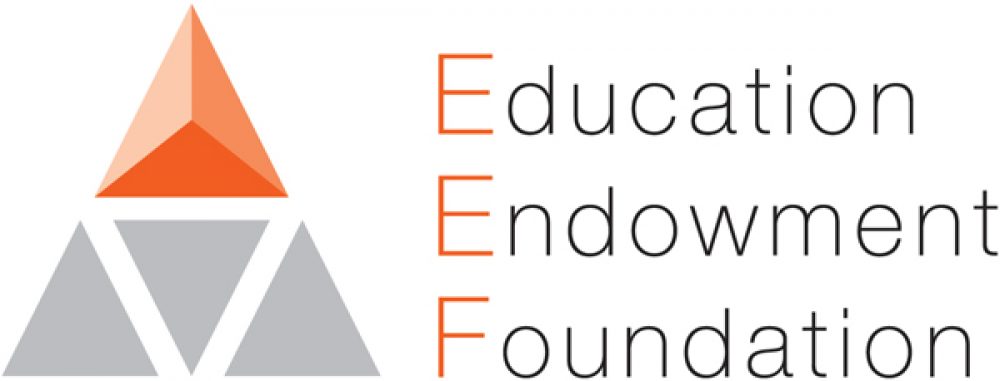Three new studies focusing on the strategies schools used to support pupils during Covid-19 closures have been announced today.
The Education Endowment Foundation (EEF) revealed it is launching three new projects to understand how schools’ tactics impacted the disadvantage gap among pupils.
In June, the EEF published a rapid evidence assessment which found “schools closures are likely to reverse progress made to close the gap in the last decade since 2011”.
However, due to limitations brought on by Covid-19 it said its evidence base remained limited – the three new research projects look to fill that gap.
In the first study, the FFT Education Datalab team aims to provide the earliest robust estimate of the change in the disadvantage gap pre- and post-lockdown, as well as analysing strategies associated with mitigating a widening gap, focused on pupils in years two to six in 145 primary schools.
In the second, the National Foundation for Educational Research (NFER) will assess the extent to which Key Stage 1 pupils’ attainment in reading and maths has been impacted by school closures.
This study will focus particularly on the effect it had on disadvantaged pupils – with 158 schools providing detailed information.
Finally the University of York, National Institute of Economic and Social Research (NIESR) and the Education Policy Institute (EPI) will assess the impact of lockdown on the school readiness of new reception children across England.
It will also look at their educational attainment and socioemotional wellbeing over their first year of education.
Professor Becky Francis, chief executive at the EEF, said: “Covid-19 closures of schools and nurseries have highlighted once again the complex challenges in tackling educational disadvantage, and the extraordinary efforts of educators to respond.
“This new research has two important aims. First, to better understand the extent to which the attainment gap is likely to have widened in the past six months.
“Secondly, to identify what approaches schools and teachers are taking to support their pupils to come back stronger – and which of these hold the greatest promise for improved learning and wellbeing outcomes for children.
Earlier this month it was revealed the government would produce a baseline assessment detailing the scale of catch-up needed for pupils after coronavirus closures.
While there were initially fears pupils may have to sit more tests this is not the case.
Renaissance Learning has won a government contract, worth up to £143,000, to measure the losses by analysing data from schools signed up to use its Star Reading and Star Mathematics.
It will compare data from those signed up this year to previous results to produce a catch-up baseline.
Also this month a study from the NFER based on interviews with more than 3,000 teachers found the gap between wealthier pupils and their poorer counterparts had widened by 46 per cent due to the severe disruption brought about during the lockdown.








Your thoughts